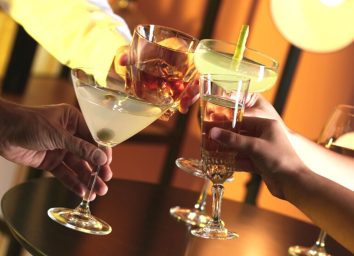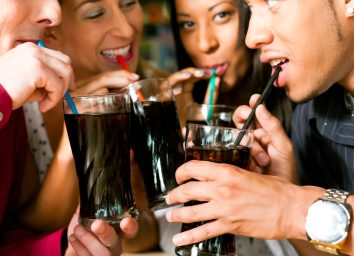What Happens to Your Blood Sugar When You Drink Alcohol
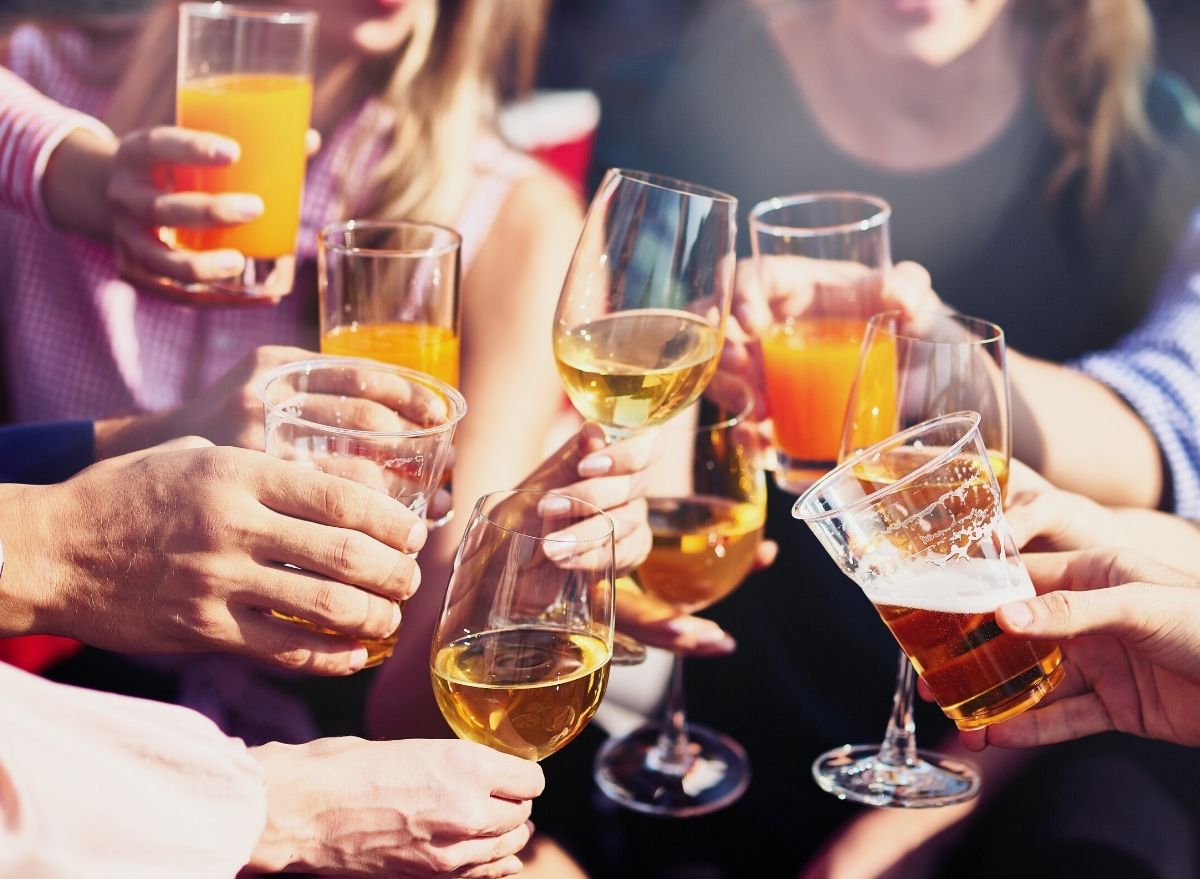
Most people don't think about their blood sugar when they have a few drinks at Happy Hour. Instead, they may be more concerned about their blood alcohol concentration and being pulled over for a DUI while driving home. But even if you have a designated driver, those drinks can still be dangerous. It all depends on how they impact your blood sugar levels.
Blood sugar (glucose) is your body's main energy source and is supplied by the foods and beverages you consume. When you eat food or drink something containing carbohydrates and calories, your blood sugar typically rises. But when you drink alcohol, your blood sugar could either rise or drop. It depends on what you're drinking, how much, and how your individual body reacts to the alcoholic beverage.
Alcohol can cause a drop in your blood sugar.
Some studies have shown that adults with diabetes who have a moderate alcohol intake may see a slight improvement in their insulin sensitivity. In most cases, however, drinking alcohol in excess can cause an unhealthy drop in blood sugar.
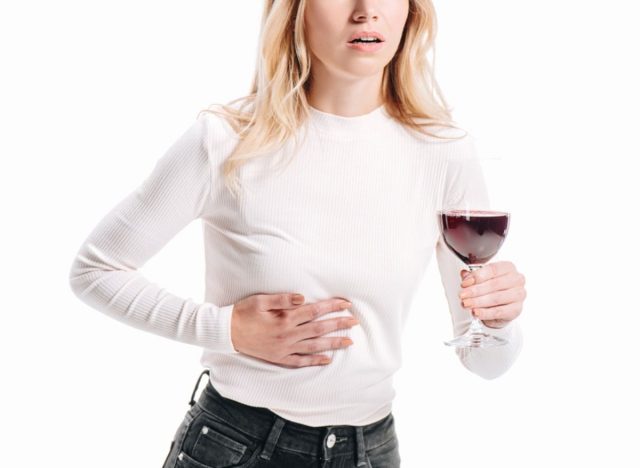
This is due to one of your liver's primary jobs—manufacturing and releasing glucose into the bloodstream to help with blood sugar balance. "Drinking alcohol disrupts this process and your liver prioritizes processing the alcohol instead (of releasing glucose), and this can lead to low blood sugar," says registered dietitian nutritionist Vandana Sheth, RDN, CDCES, a spokesperson for the Association of Diabetes Care & Education Specialists.
You've probably experienced low blood sugar at some point. When your blood sugar is too low, your cells don't have adequate energy. You may feel weak, hungry, jittery, or you may have a headache. "If you are taking diabetes medications like insulin or a blood sugar lowering-drug such as sulfonylureas, your blood sugar can go even lower," says Sheth.
Low blood sugar levels can cause the body to release epinephrine, the so-called "fight-or-flight hormone," that triggers rapid heart rate, sweating, a shaky feeling, and anxiety. It the drop continues, and your liver doesn't pump glucose into your bloodstream to fuel your brain, you can experience confusion, sleepiness, slurred speech, and even seizures. Death, though rare, is a possibility, too.
It can also cause a rapid rise in your blood sugar.
Drinking alcohol can also trigger a rapid rise in blood sugar. This often occurs when you drink sweet wine or beer, both of which are high in carbohydrates, or cocktails made with sugary mixers, soda, or fruit juice.
These liquid carbs go quickly into your bloodstream and "you may see that temporary spike in blood sugar followed by a delayed low-blood sugar reaction," warns Sheth.
Alcoholic beverages also tend to make us hungry for, well, chips, pizza, pretzels, and other high-carb, blood sugar-raising foods, which may make the rollercoaster rise-and-fall of blood glucose even more pronounced.
Here's how to prepare.
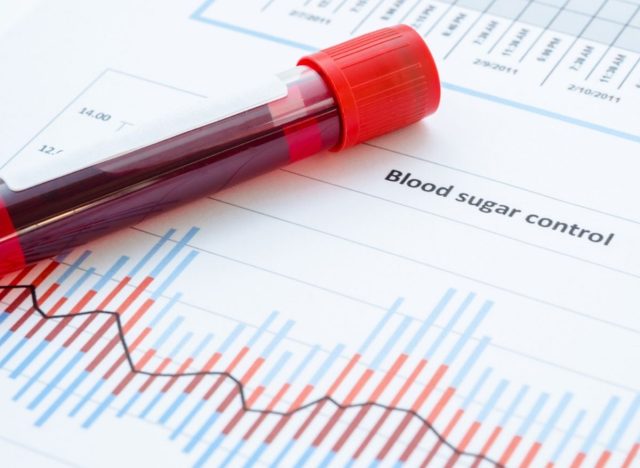
Since it's difficult to predict how a drink or two (or more) will affect your blood sugar, being aware of your body and taking some precautions are your best bets for staying healthy, says Sheth. Here are some things you can do to help:
- Discuss with a diabetes care and education specialist to better understand how you can enjoy alcohol safely. And check with your physician to make sure any medications you are taking won't negatively interact with alcohol.
- In general, adults with diabetes have the same limit for alcohol intake as other adults – no more than one drink per day for a woman and no more than two drinks per day for men. Recognize the size of your drink. One serving of alcohol is five ounces of wine, a 12-ounce beer or one ounce of spirits.
- Don't drink on an empty stomach.
- Sip your alcoholic drink slowly.
- Drink plenty of water to stay hydrated.
- If you are diabetic, check your blood sugar before and more frequently after drinking up to 24 hours later.
- When you drink, it's good to have a family member or friend around who is aware that you have diabetes.
- Always keep the treatment plan for hypoglycemia (low-blood sugar) in mind and have glucose tablets or gel on hand.
Learn more: Know How to Get the Healthiest Blood Sugar Possible.


